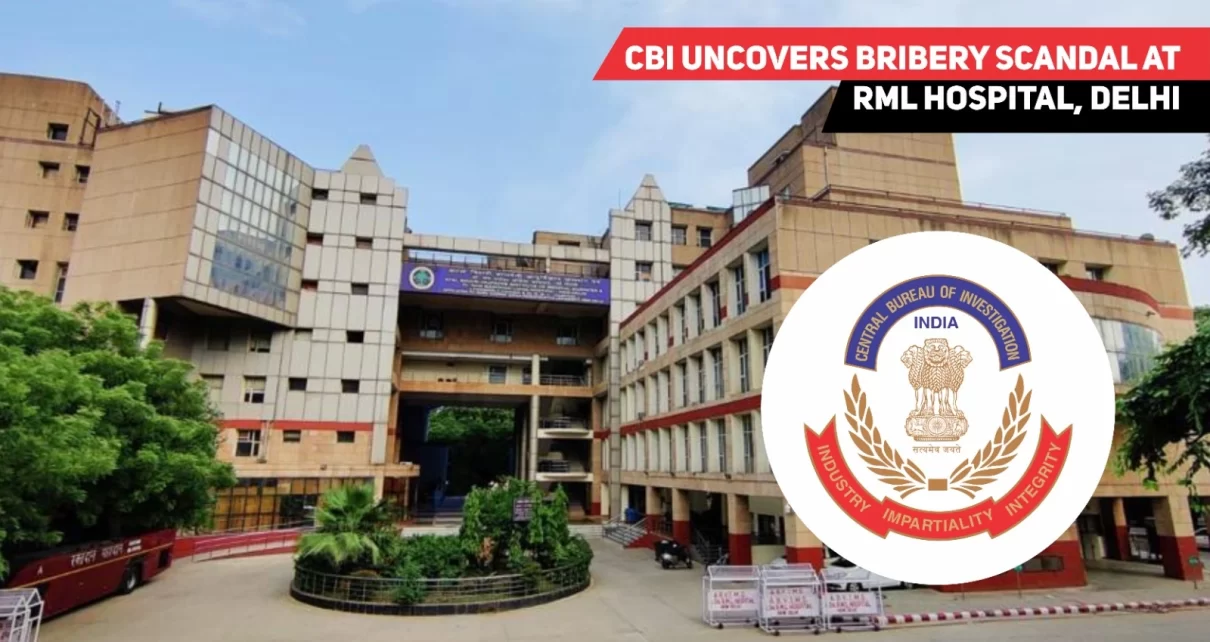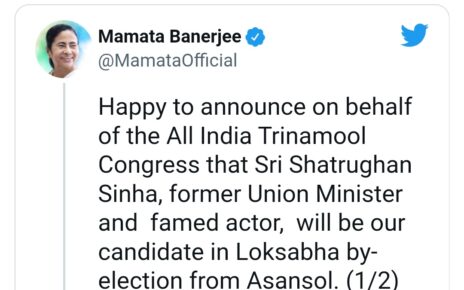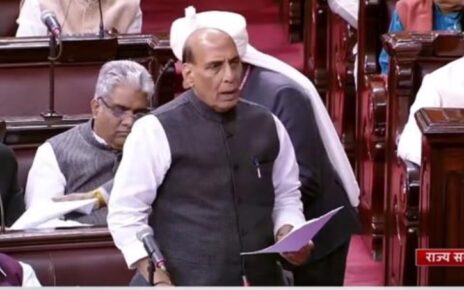The Central Bureau of Investigation (CBI) discovered a bribery ring at Ram Manohar Lohia (RML) Hospital in Delhi, resulting in the arrest of nine people, including physicians, clerks, and private intermediaries. The arrests followed comprehensive searches in around 15 sites, including the hospital grounds.
According to individuals familiar with the investigation, the accused, which included physicians, clerks, and medical equipment vendors, solicited bribes from patients and suppliers. The FIR lodged by the CBI mentions numerous people, including a professor and an associate professor from the cardiology department, a senior technical in-charge, a nurse, two clerks, representatives from commercial medical equipment suppliers, and anonymous government employees.
This is not the first case of corruption at Delhi’s government hospitals. Last year, the CBI detained a neurosurgeon from Safdarjung Hospital, along with collaborators, for coercing patients into acquiring surgical equipment at inflated costs from certain firms.
Also Read: Delhi Court Slaps Rs 1 Lakh Fine On Petitioner, Attempt To Muzzle Media
In the current case, Drs. Parvathgouda and Ajay Raj from the cardiology department, along with other hospital employees, are suspected of seeking and accepting bribes from private suppliers in exchange for utilizing their medical equipment or promoting their products. Additionally, clerks and a nurse are accused of facilitating appointments, admissions, and investigations in return for improper benefits from patients.
All of the suspects have been charged with criminal conspiracy and violation of the Prevention of Corruption Act. The CBI’s FIR reveals a pattern of corruption involving hospital workers and external vendors, raising major questions about the healthcare system’s integrity and ethics.
The CBI probe emphasizes the importance of strict anti-corruption procedures in government hospitals. Such malpractices not only undermine public faith, but they also jeopardize patient care and safety. It is critical that authorities undertake comprehensive investigations, hold culprits accountable, and adopt changes to prevent repetition.




